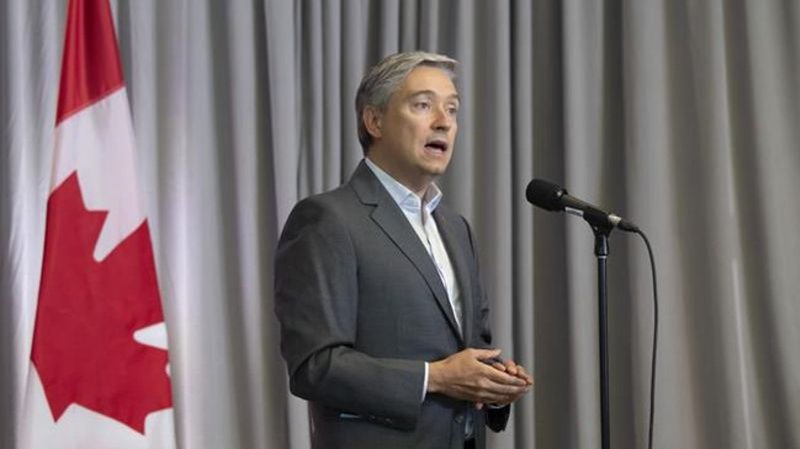
Champagne says he will stop arms exports to Turkey if rights abuse uncovered
OTTAWA — Foreign Affairs Minister Francois-Philippe Champagne says he’s willing to halt military export permits to NATO ally Turkey if an investigation determines Canadian technology is leading to human rights abuses.
Champagne made the pledge in an interview with The Canadian Press as Turkey faces allegations it is involved in this week’s renewed fighting between Armenia and Azerbaijan.
He was responding to calls from arms-control watchdogs, Armenian Canadians and New Democrats to suspend the export of a targeting sensor made by a Burlington, Ont., company that is allegedly being used in Turkish attack drones.
Turkey, a member of NATO with Canada, has said it supports Azerbaijan in renewed fighting with Armenia that broke out Sunday in a disputed region in the South Caucasus separatist region of Nagorno-Karabakh.
